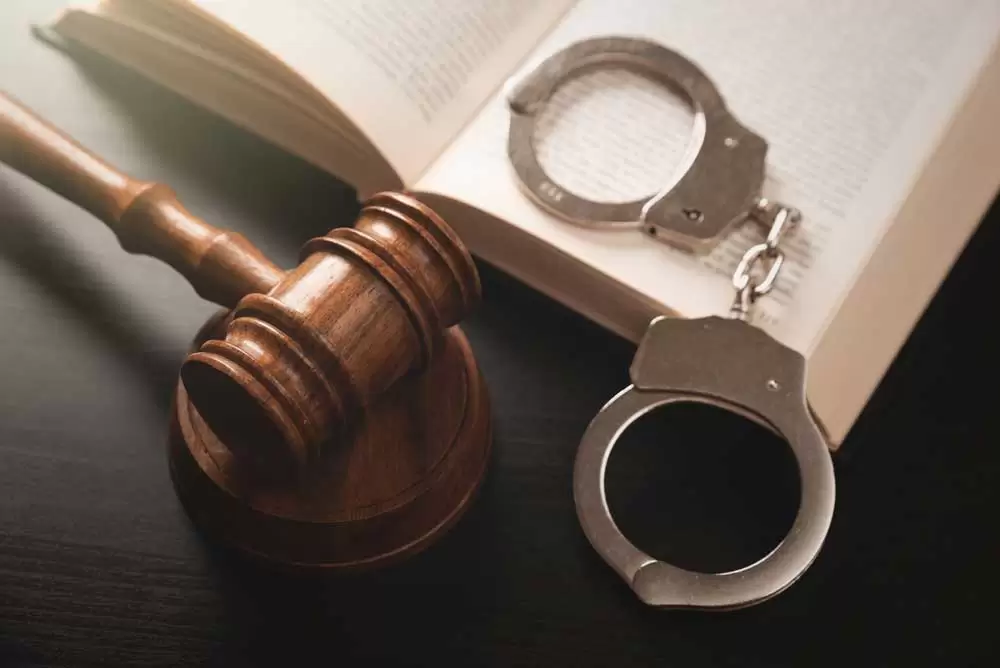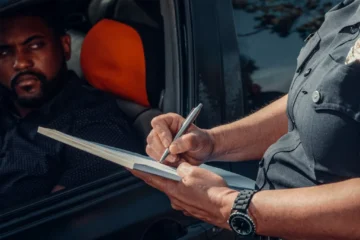Weapons charges are among the most serious legal issues individuals can face, carrying significant repercussions that can affect their freedoms and futures. Whether accused of unlawful possession, trafficking, or other offenses involving firearms or dangerous weapons, navigating these legal challenges requires expert guidance and defense.
Criminal defense lawyers specializing in weapons charges play a pivotal role in ensuring their clients’ rights are protected and in advocating for the best possible outcomes in these complex and often high-stakes cases.
This blog explores the critical role of criminal defense lawyers in handling weapons charges in San Diego County, highlighting their expertise, strategies, and the importance of seeking skilled legal representation when facing such allegations. Understanding their role is essential for anyone navigating the complexities of the legal system in the context of weapons-related offenses.
Understanding Weapons Charges
Understanding weapons charges involves comprehending the legal ramifications associated with offenses related to firearms and other dangerous weapons. Here’s a breakdown of the specific categories of weapons charges and their implications:
Unlawful Possession: This charge applies when an individual possesses a firearm without the required permits or licenses mandated by law. The legality of possession often hinges on adherence to local and federal regulations governing firearm ownership.
Illegal Carrying: Carrying a concealed weapon without the proper authorization constitutes illegal carrying. The legality of carrying firearms, particularly concealed ones, varies significantly between jurisdictions and is subject to strict regulations.
Assault with a Deadly Weapon: This offense occurs when a weapon, such as a firearm or another object capable of causing serious harm, is used to threaten or harm another person. The severity of charges can escalate based on the extent of harm inflicted and the intent behind the use of the weapon.
Illegal Trafficking: Selling or transporting weapons in violation of legal statutes constitutes illegal trafficking. This offense encompasses the unlawful sale, distribution, or movement of firearms or other prohibited weapons.
Possession of Prohibited Weapons: Owning firearms or weapons that are explicitly prohibited by law constitutes possession of prohibited weapons. Governments designate certain firearms or weapon types as prohibited due to their potential for harm or lack of legitimate use.
The severity of these charges varies based on factors such as the type of weapon involved, prior criminal history, and the circumstances of the offense. Convictions can lead to substantial fines, imprisonment, and long-term consequences such as a permanent criminal record.
The Role of Criminal Defense Lawyers
The role of criminal defense lawyers is pivotal in safeguarding the rights of individuals accused of criminal offenses and ensuring fair treatment throughout the legal process. We’ll discuss an in-depth explanation of their role here:
Legal Representation
Criminal defense lawyers serve as advocates for their clients, representing them in court proceedings and negotiations with prosecutors. They ensure that their clients’ rights are upheld and provide them with informed legal advice based on their expertise in criminal law.
Protection of Rights
One of the primary responsibilities of a criminal defense lawyer is to safeguard the constitutional rights of their clients. These rights include the right to a fair trial, due process, and protection against unlawful searches and seizures. Lawyers scrutinize police conduct and evidence collection to ensure that all procedures adhere to legal standards.
Case Analysis and Strategy Development
Lawyers analyze the facts of the case, review evidence presented by the prosecution, and develop defense strategies accordingly. This involves identifying weaknesses in the prosecution’s case, exploring possible defenses such as alibi, self-defense, or lack of intent, and preparing arguments to challenge the allegations.
Negotiation and Plea Bargaining
In many cases, criminal defense lawyers negotiate with prosecutors to reach plea bargains that may reduce charges or penalties for their clients. This process requires skillful negotiation and a deep understanding of both the strengths and weaknesses of the case.
Courtroom Advocacy
During trials, defense lawyers present their clients’ cases before judges and juries. They cross-examine witnesses presented by the prosecution, present evidence and witness testimony in support of their defense, and argue legal points to persuade the court of their clients’ innocence or mitigating circumstances.
Post-Conviction Representation
If a client is convicted, criminal defense lawyers can continue to represent them during the appeals process. They review trial transcripts for errors in legal procedure or interpretation and may argue for the conviction to be overturned or for a new trial to be granted based on these grounds.
Client Counseling and Support
Beyond the legal aspects, criminal defense lawyers provide emotional support and guidance to their clients throughout the legal proceedings. They explain the implications of various legal options, manage expectations, and ensure that clients understand their rights and responsibilities.
Conclusion
Criminal defense lawyers specializing in weapons charges, like those at The Law Office of David P. Shapiro play an essential role in safeguarding the rights and interests of individuals facing serious legal allegations. Their expertise in weapons laws, ability to build robust defense strategies, and advocacy skills in court are instrumental in achieving favorable outcomes for clients.
If you or someone you know is confronting weapons charges, seeking experienced legal representation promptly is crucial to navigating the complexities of the legal system and securing a fair resolution.
Keep an eye for more news & updates on HintInSider.Com!




